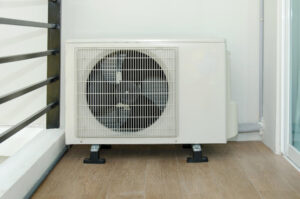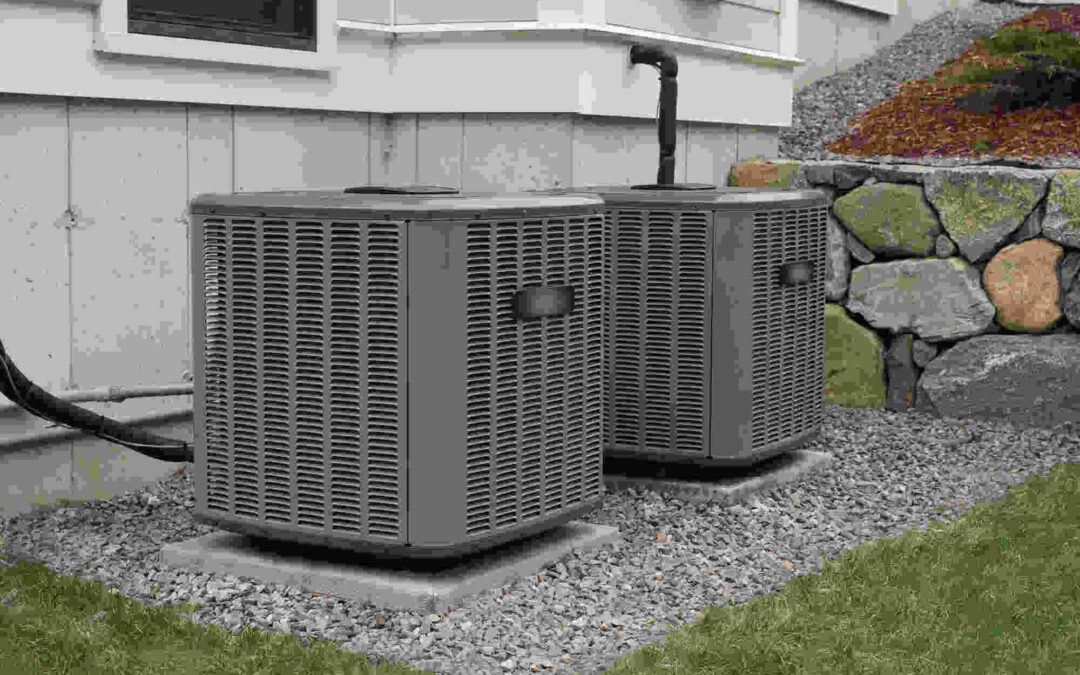Are you in the market for a home air conditioner replacement? Purchasing a new AC unit can be a daunting task, if only because air conditioning is usually out of sight and out of mind. The average person doesn’t know a lot about AC systems, how they work, or why they fail, which makes shopping for a replacement unit difficult. To help you, here are ten things you need to know before you replace your air conditioner.
1. Whether you need to replace your air conditioner
At some point, even the highest-quality and most well-maintained air conditioners give up the ghost. If your AC unit has broken down and not even your HVAC technician can get it started up again, it goes without saying that you need to replace your air conditioner.
 2. Whether you should replace your air conditioner
2. Whether you should replace your air conditioner
Even if your air conditioner is still running, that doesn’t necessarily mean you shouldn’t think about a replacement. Sometimes, it becomes apparent that you need a home air conditioner replacement because your old unit dies completely. More commonly, though, you’ll notice dips in performance. Perhaps your house is no longer getting as cool as you like it. Maybe, the AC system isn’t evenly distributing air throughout your home, or perhaps your utility bills have been climbing due to a decline in unit efficiency. In these situations, it’s worth weighing the unsatisfactory performance and increased cooling costs of your existing units against the investment of a newer, more reliable, and better-performing system.
3. Whether the problems with your AC unit can be fixed or solved
Whether your system is declining in performance or has stopped working entirely, your first recourse should never be to head to the store to buy a new AC unit. Instead, call your HVAC technician and have them come by to inspect your unit. An HVAC expert will be able to tell you what went wrong, whether the problem can be fixed in a way that restores good performance, and whether shouldering the cost of a repair is worth it.
4. Ductwork can impact HVAC performance
Whether you decide to buy a new AC unit or repair the new one, it’s essential to know how ductwork impacts the system as a whole. The air conditioner itself may do the work of cooling the air, but that air needs to travel through your ducts to cool your home effectively. If the ducts are poorly insulated, or if they are clogged with dust, hair, dirt, mold, and other debris, those issues can impact everything from the airflow to temperature. As such, your ducts deserve as much attention as the AC unit itself.
5. Air conditioner performance is a holistic thing
Let’s say you notice that your utility bills have been steadily increasing, and you think the air conditioner is to blame. This assumption can be accurate without meaning that your system needs replacing. Air conditioner performance is part of the broader, more holistic, and more complex concept of overall home performance. Energy-efficient homes are all the rage these days, but especially if you live in an older house, your home may not have been built with sustainable performance in mind. How your home was built, how it is insulated, the windows or doors you have installed: all these factors can affect how badly your home loses heat (or, in the case of air conditioning, gains it). Correcting these issues can drastically improve the performance of your AC unit—whether it’s the new one or the old one.
6. AC unit sizing is crucial
Not all AC units are created equal. Some units are intended to cool larger spaces, while others are designed for smaller homes. Work with your HVAC technician to determine the proper size of the AC unit for your home. An improperly-sized air conditioner won’t be able to cool your home effectively and will work way too hard simply trying to do so.
7. All air conditioning units are rated for energy efficiency
If you want to get the most bang for your buck, buying an air conditioner that has been highly rated for energy efficiency is a smart decision. AC efficiency is conveyed either in EER (Energy Efficiency Ratio) or SEER (Seasonal Energy Efficiency Ratio). You can read our blog post on these rating systems to learn more, but suffice to say that the higher the EER or SEER rating is, the less you’ll pay to cool your home using that system.
8. The warranty of your home air conditioner replacement
One thing not to overlook when you buy a new air conditioner is the warranty. You want a system with a good, long warranty. A warranty, in the simplest of terms, is proof that the manufacturer of the appliance stands behind it as a quality piece of machinery. If the product proves to be faulty, a warranty gives you a lifeline.
9. Budget
As a general rule of thumb, it’s the newest, most efficiently-rated air conditioning units from the biggest, most-trusted brands that will deliver the best performance for your home cooling needs. The trade-off is that these systems also typically cost more. Having a general idea of what your budget is will help your HVAC technician recommend the right unit for you.
10. Maintenance matters
Replacing an air conditioning unit can be expensive, so it’s not something you’ll want to do frequently. The good news is that there are steps you can take to keep your system performing in tip-top shape and to extend its lifespan. We’ve already touched upon some of them (such as properly sizing the unit upfront and cleaning your ducts), but the most important is regular maintenance. Once you’ve purchased a home air conditioner replacement, call an HVAC expert out to your house annually (usually in the spring, before the hottest weather sets in) to inspect your system and provide any necessary maintenance.

